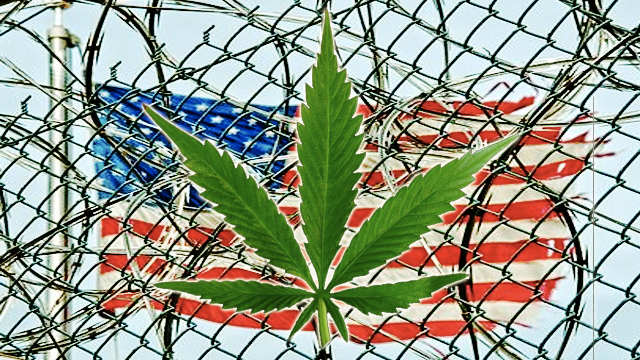New research further validates the efficacy of cannabis in the alleviation of migraine symptoms. Researchers have found that a combination of tetrahydrocannabinol-cannabidiol (THC-CBD) was effective in reducing the severity and number of cluster headaches and migraines compared to prescription medicine. In fact, the THC-CBD treatment was able to reduce acute pain brought on by migraines by 43.5 percent.
A lecturer in mental health at the University of York, Ian Hamilton, says on the DailyMail.co.uk, “This research suggests that compounds found in cannabis are as effective as amitriptyline, a traditional prescription medication used to treat acute painful headaches. This provides promise for people who experience adverse effects from prescription medication. The analgesic properties of cannabis have been known for some time so this research adds to existing evidence of the potential that cannabis compounds have in the treatment and management of common health problems.”
For this study, researchers observed 79 volunteers who reported suffering from migraines and cluster headaches. Both conditions can be debilitating, although they typically have different causes and symptoms. Cluster headaches come suddenly and are usually centered around a specific area of the head. Migraines, on the other hand, vary in intensity and can have additional symptoms such as nausea and light sensitivity.
Participants with cluster headaches were either given a daily dose of 200 mg of THC-CBD or 25 mg of amitriptyline for three months. Similarly, those with migraines were offered 200 mg of THC-CBD whenever they felt acute pain caused by their condition.
It was concluded that the combination drug of THC-CBD reduced the number of cluster headaches by 40.4 percent, whereas amitriptyline was only effective in reducing the number of headaches 40.1 percent of the time. THC-CBD proved to be effective in reducing acute pain caused by migraines by 43.5 percent. Most notably, the side effects associated with the THC-CBD treatment were significantly less than prescription drugs. (Related: These five strains of medical marijuana ease migraines.)
Lead researcher of the study, Dr. Maria Nicolodi, said, “We were able to demonstrate that cannabinoids are an alternative to established treatments in migraine prevention. That said, they are only suited for use in the acute treatment of cluster headaches in patients with a history of migraine from childhood on.”
Dr. Nicolodi noted that the THC-CBD treatment can also lead to fewer stomach aches, reduced pain in the muscles, and reduced symptoms of colitis (inflammation of the colon). However, THC-CBD can induce drowsiness and cause difficulties in concentration.
Medical marijuana for migraine treatment
This study adds to the body of research which shows a positive relationship between medical marijuana and the reduction of migraine symptoms. A 2016 study published in Pharmacotherapy found that using medical marijuana decreased the frequency and severity of migraine headaches. The authors of this study wrote that migraine frequency among their participants decreased from an average of 10 headache incidences a month to a mere four. Moreover, positive effects from the marijuana treatment were reported in 40 percent of the participants.
Take note that the FDA has not recognized or approved marijuana as medicine. However, the group did note on their website that, “The FDA understands that caregivers and patients are looking for treatment options for unmet medical needs. More recently, several states have also passed laws that remove state restrictions on health care professionals using marijuana as a medical treatment for a variety of conditions. A number of other states are considering similar legislation regarding the use of marijuana in medical settings. We have talked to several states, including Florida, Georgia, Louisiana, New York and Pennsylvania, who are considering support for medical research of marijuana and its derivatives to ensure that their plans meet federal requirement and scientific standards.”
Read original article here








